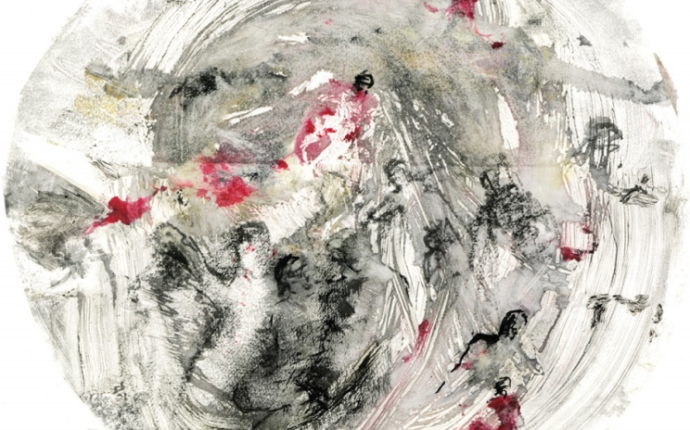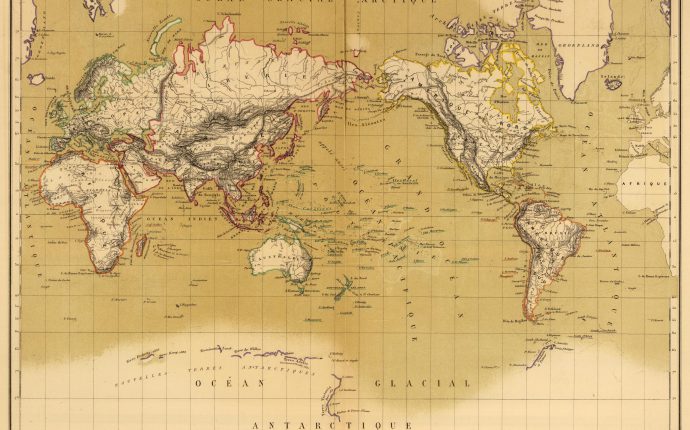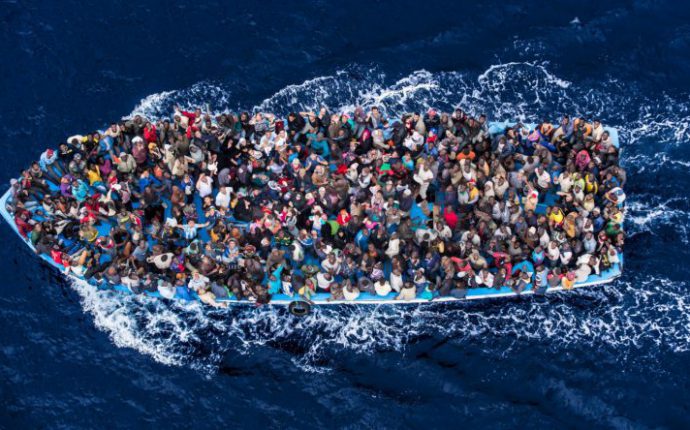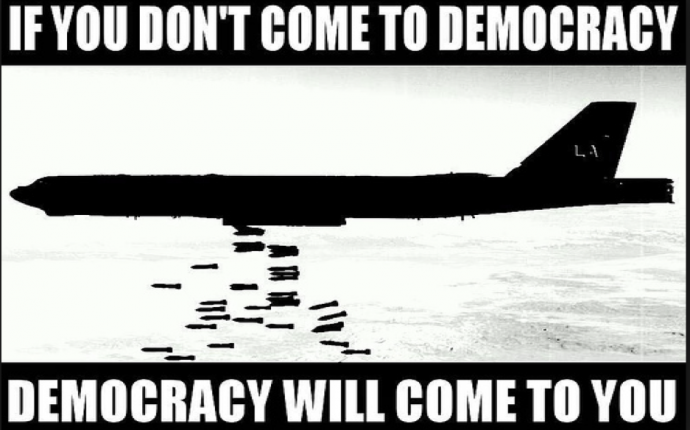Introduction Announced as the “Chinese era”, the 21st century is revealing the singular role endorsed by Asia as the new “center of gravity of world politics”[1]. Moved by the quest of leadership, a wide range of actors (States and economic conglomerates) is divided by resilient rivalries. Southeast Asia is greatly influenced by alien foreign policies ...
Il fut un temps où les royaumes se livraient à une course effrénée dans le but d’accumuler du pouvoir, par un savant mélange de mariages, conquêtes armées et héritages – situation que l’on peut qualifier d’ordre dynastique. Cet ordre se caractérisait par la volonté des rois de conquérir de nouveaux territoires ; mécanisme constituant un élément central des relations ...
Cette table ronde, organisée par le CHRIM (centre d’histoire internationale et d’études politiques de la mondialisation), réunissait plusieurs intervenant·e·s invité·e·s autour d’une discussion du nouvel ouvrage codirigé par Pierre Singaravélou et Sylvain Venayre : L’histoire du monde au XIXe siècle[1]. Les deux codirecteurs souhaitaient par ce livre présenter une nouvelle façon de parler du XIXe siècle. Partant d’une rencontre ...
This paper is a review of the book Crimes of Peace : Mediterranean Migrations at the World’s Deadliest Border of Maurizio Albahari (2015). I begin with a short summary that emphasizes its key arguments. In a second part, I analyze through various anthropological notions, the first and last chapters of the book. Finally, I shortly expose my own ...
« If we go back 100 years and look through the newspapers, we see what arguments the colonial powers of that time advanced to justify their expansion into Africa and Asia (…) They cited arguments such as playing a civilizing role, the particular role of the white man, the need to civilize ‘primitive peoples.’ If we replace the term ...









Vous devez être connecté pour poster un commentaire.